Democratisation of Water
With increasing population, food production and industrial activities, demand for multiple usage of water is multiplying every year. More over due to human activities, water pollution is becoming a major problem. Though more than 70 per cent of the surface area of the earth is covered by water, less than of three percent of all available sources of water are safe for consumption. In India, though sweet water resources are in abundance, their distribution across the geographical area is not uniform and therefore some areas have frequent floods while some other parts face frequent drought. India which is developing on a faster pace, has also nearing to a situation where water stress is being felt. This is also leading to make water a marketable commodity and may cause serious problem to the poor, specially in rural areas. It is in this context, "democratisation of water" is gaining importance. Unless we manage our resources efficiently and judiciously, and ensure equitable access to water by all section of the population, we may face water crisis in different parts of the country, specially in water scarce regions.The time has come to take water management seriously. The national institute of rural development which is an apex organization of the government of India for Training and Research in all aspects of Rural Development, takes up such issues from time to time for discussion at the national and international levels through workshops and seminars, specially during institutes foundation day celebrations. For NIRD's foundation day celebration during 10-12 November, 2006, "Democratisation of Water" was selected as the subject for the seminar in which more than 100 academicians, experts, activists and professionals from across the country, concerned with water and environment participated, and many of them presented papers based on their research, experience and observations. This volume is the outcome of the papers presented and discussed in seminar on "Democratisation of Water."
Get it now and save 10%
BECOME A MEMBER

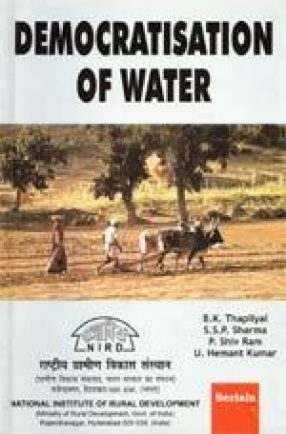
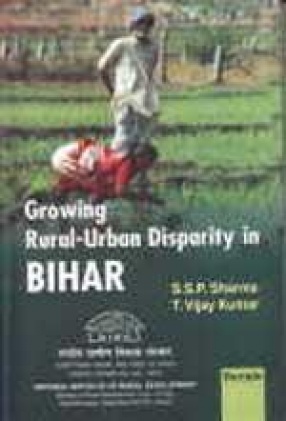
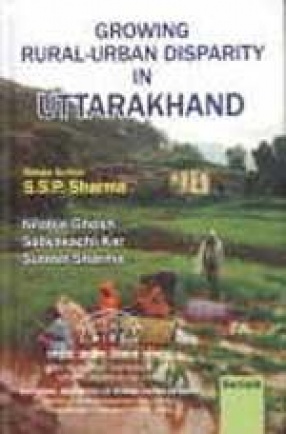
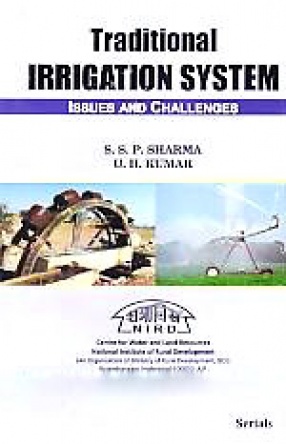
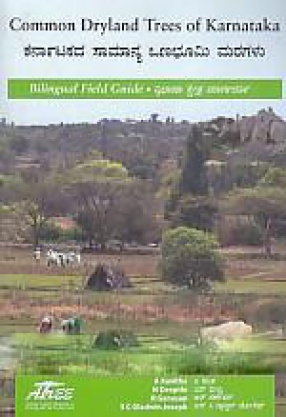
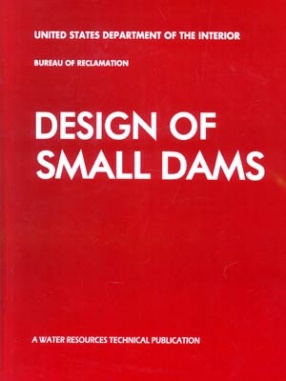

Bibliographic information
S.S.P. Sharma
U. Hemant Kumar
P. Shiv Ram